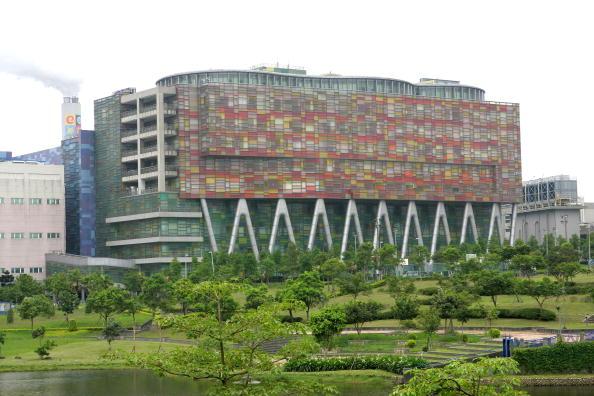U.S.-based memory chip maker Micron Technology is planning to expand its operations and hire 800 more employees in Taiwan by the end of this year. It plans to hire 350 more next year.
As Chinese semiconductor firms have been trying to poach engineers from U.S. companies, Micron is hiring more talent in Taiwan to counter the competition from Chinese rivals, reported The Nikkei Asian Review on April 25.




